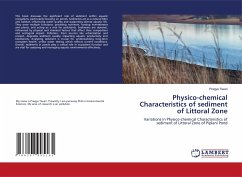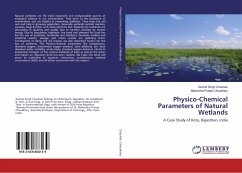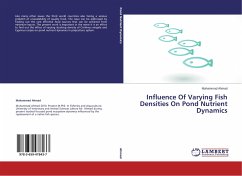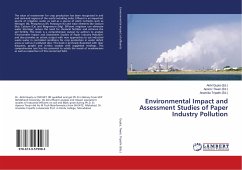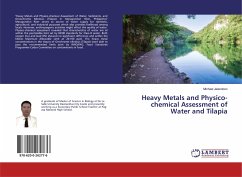This book discusses the significant role of sediment within aquatic ecosystems, particularly focusing on ponds. Sediments act as a natural filter and habitat, influencing water quality and supporting diverse aquatic life. They serve multiple functions: providing nutrients, hosting invertebrates and plants, and acting as a sink for pollutants. Sediments are dynamic, influenced by physical and chemical factors that affect their composition and ecological impact. Pollution, from sources like urbanization and erosion, degrades sediment quality, impacting aquatic productivity and biodiversity. Analyzing sediment is crucial for understanding long-term ecosystem health, unlike water testing which reflects current conditions. Overall, sediments in ponds play a critical role in ecosystem function and are vital for assessing and managing aquatic environments effectively.
Bitte wählen Sie Ihr Anliegen aus.
Rechnungen
Retourenschein anfordern
Bestellstatus
Storno

